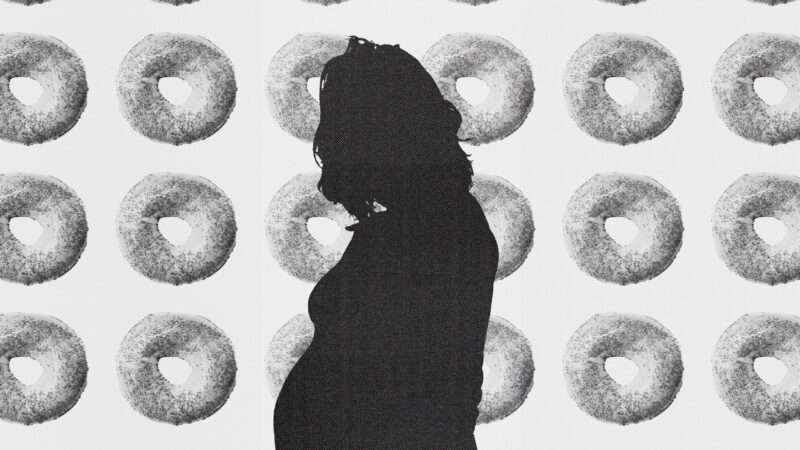
Hospitals around the nation are administering unreliable drug tests to pregnant women, and siccing child welfare authorities upon them based on the results, according to a new investigation from The Marshall Project.
While we don't know just how many pregnant women are drug tested, federal data examined by The Marshall Project reporter Shoshana Walter indicates that tens of thousands of babies are reported to authorities for suspected natal drug exposure.
Disturbingly, it's been long known that these drug tests are unreliable. Urine drug tests commonly administered to pregnant women can have false positive rates as high as 50 percent. False positives frequently occur when someone is taking over-the-counter medications, common antidepressants, or routinely prescribed blood pressure medications. Women have even faced child welfare investigations after they ate poppy seeds (last year, the Department of Defense told service members to stop eating poppy seeds out of concerns they could cause false positives on drug tests.)
The aftermath of a false positive can be devastating.
"After a California mother had a false positive for meth and PCP, authorities took her newborn, then dispatched two sheriff's deputies to also remove her toddler from her custody," Walter wrote. "In New York, hospital administrators refused to retract a child welfare report based on a false positive result, and instead offered the mother counseling for her trauma…And when a Pennsylvania woman tested positive for opioids after eating pasta salad, the hearing officer in her case yelled at her to 'buck up, get a backbone, and stop crying.'"
While more than half of U.S. states require hospitals to inform child welfare agencies if they suspect a mother used drugs during pregnancy, none require hospitals to confirm that those results are correct. This means that when a mother has a false positive, she often lacks the ability to demand a more reliable drug test to prove her innocence.
Ironically, Walter's investigation found that "most of the caseworkers who investigate them are entitled to confirmation testing and a review if they test positive for drugs on the job."
Without protections guaranteeing a right to a test confirming a positive result, families can face humiliating, terrifying ordeals.
After one woman falsely tested positive for cocaine, hospital employees barred from breastfeeding her newborn. Even though a confirmation test came back negative just a few days later, the state kept its investigation open for almost two weeks. The accusation will be on the mother's record for the next five years.
Another woman, Susan Horton, tested positive for opiates after eating a salad with poppy seed dressing. She was separated from her newborn daughter for two weeks. Even after it became clear that she wasn't taking drugs, child welfare workers insisted that she had hurt her child.
"Caseworkers and doctors had privately acknowledged that poppy seeds could have caused Horton's positive test result," Walter wrote. "But in court the caseworker didn't mention that. Instead, she argued that Horton's purported drug use had 'caused serious physical harm' to her child."
When hospitals report mothers to child welfare authorities based on an incredibly unreliable test, they end up removing perfectly healthy children from loving, responsible parents. A simple attempt to confirm results should be more than enough to ensure that genuinely endangered children are protected. A poppy seed bagel should never be the impetus of a child welfare investigation.
The post The Government Is Taking Babies Away Because Their Moms Ate Poppy Seeds appeared first on Reason.com.







